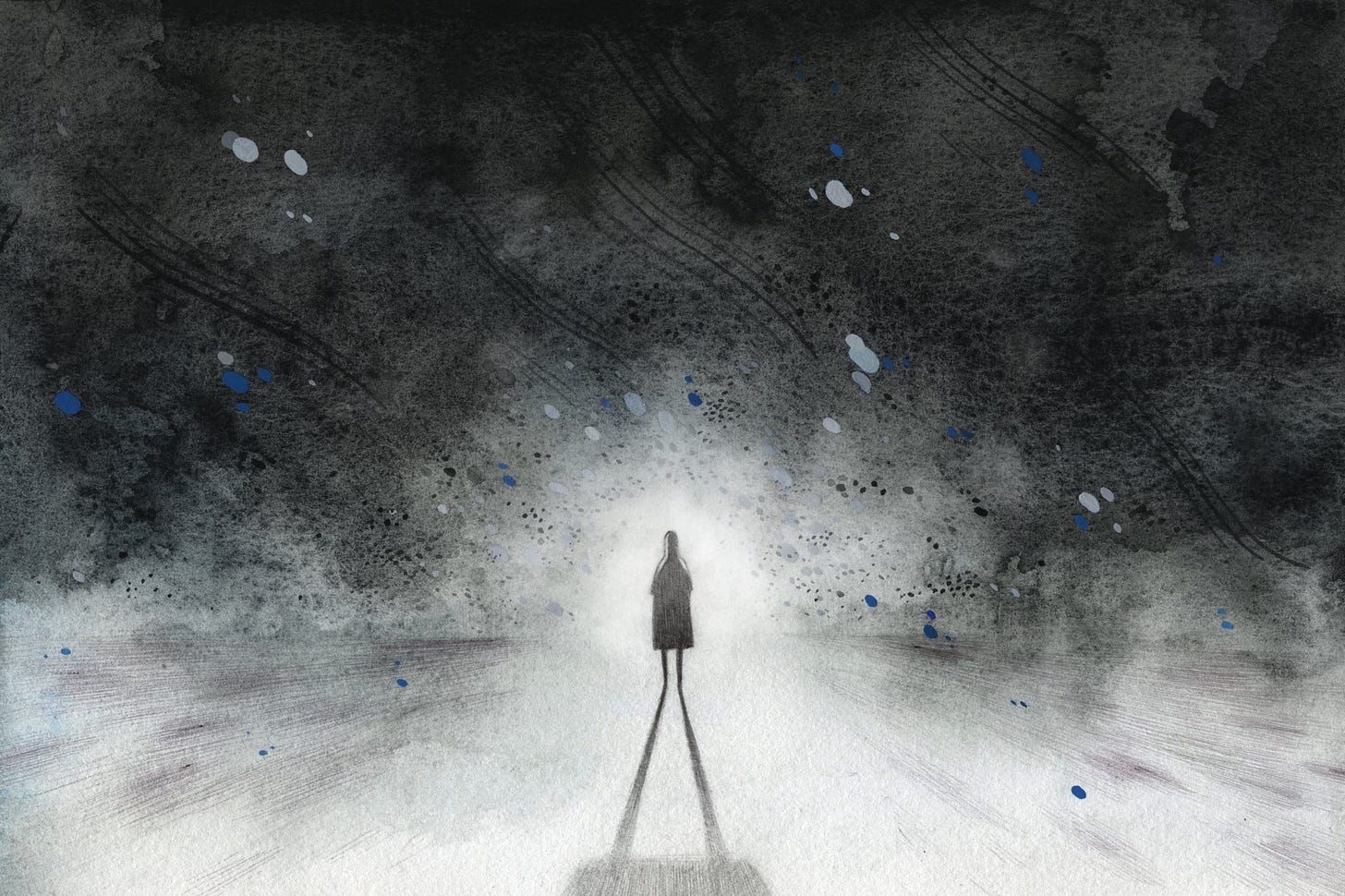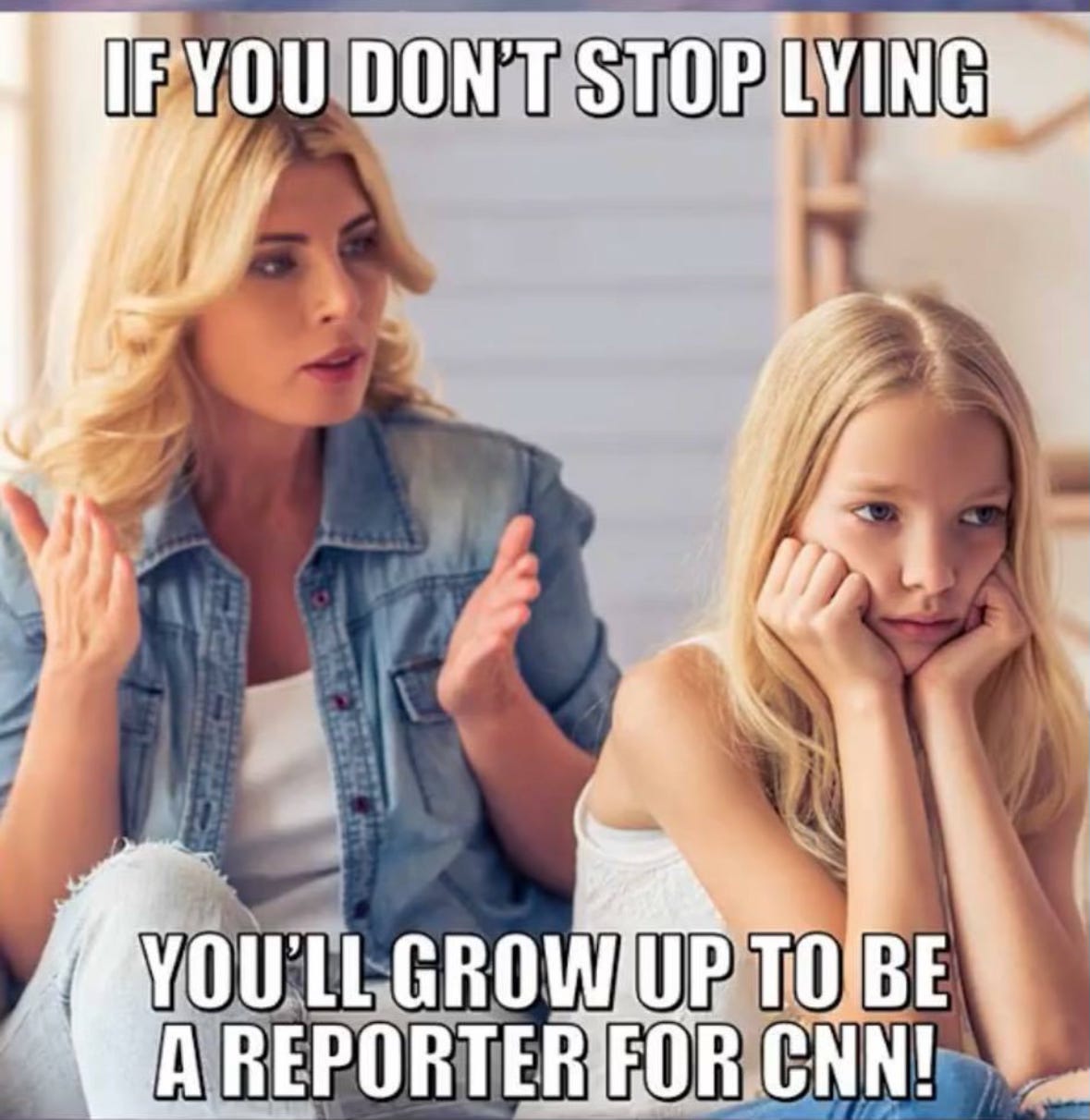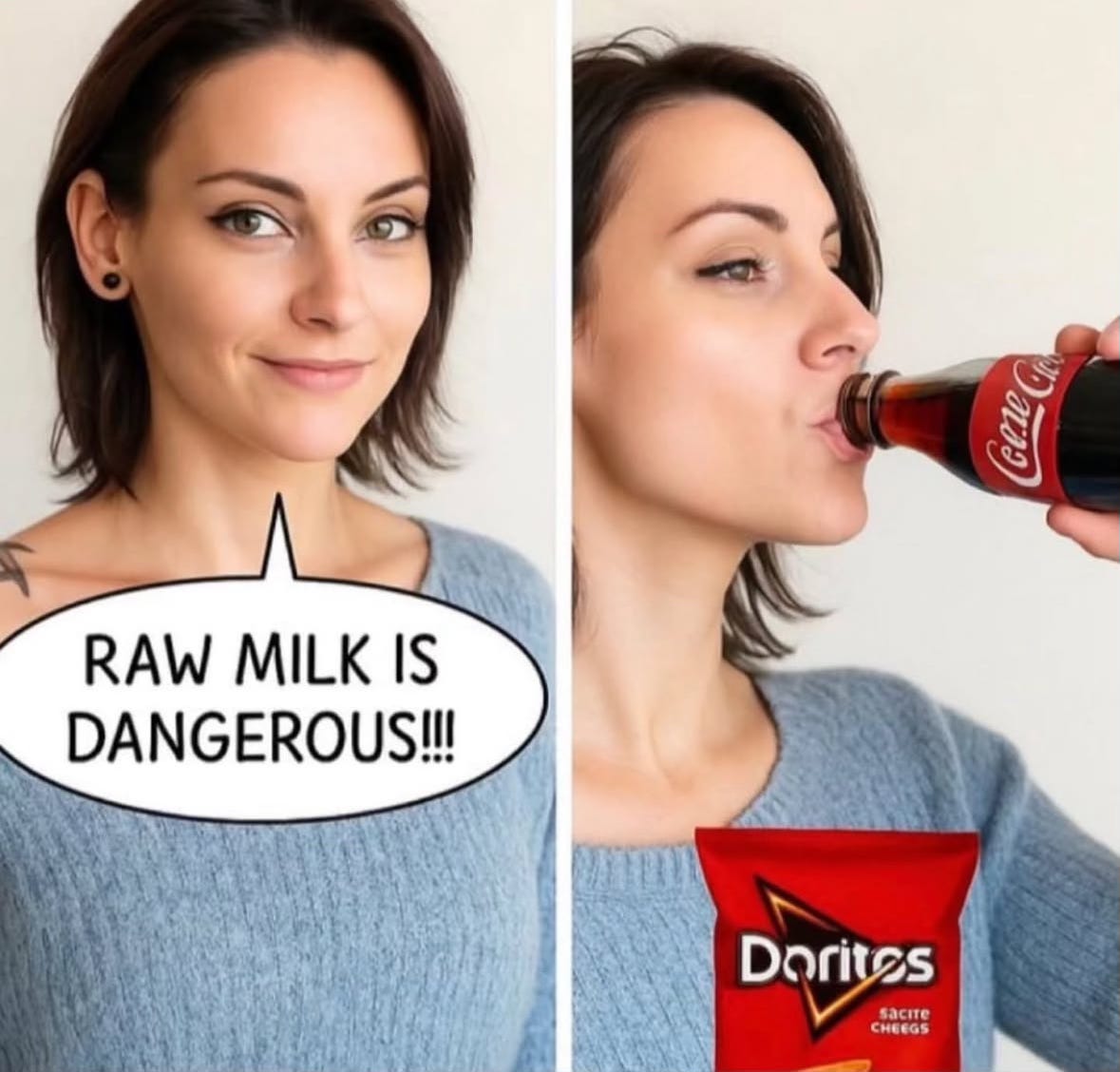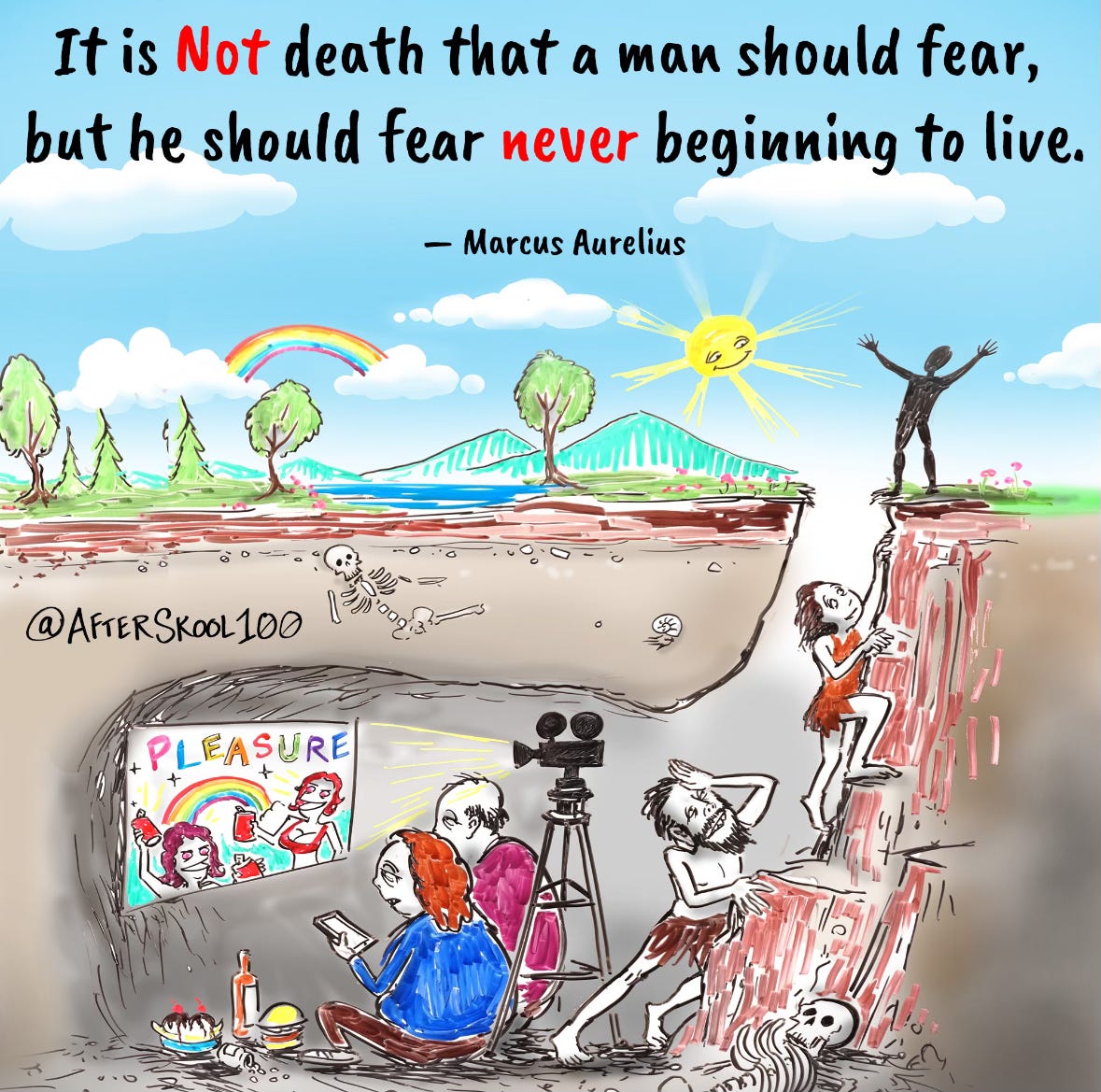A 3 Part Series on FEAR
Part 1: The currency of control
Before we were diagnosed, before we were medicated, before we learned to call it "anxiety" or "depression," there was just the raw sensation: that primal electricity coursing through our bodies, signaling danger. This is fear in its purest form: not a disorder, not a chemical imbalance, but an ancient energy that has kept our species alive since we first walked upright. Yet somehow, in the span of a single generation, we've been convinced that this survival wisdom is a disease.
This series will expose how fear has been weaponized against us while providing the roadmap to transform this primal energy from tormentor to teacher, from pathology to power. But first, we need to understand a radical truth: people don't suffer because they feel fear. They suffer because of how they try to escape, numb, or control it.
The Architecture of Fear
Fear is energy. Pure, electric, alive. It surges through our nervous system faster than thought, preparing us for survival. Our pupils dilate, our hearts race, our muscles tense. This isn't pathology; it's millions of years of evolution compressed into a moment of exquisite readiness.
The actual fight-or-flight response, that full-body mobilization designed for immediate physical threats, is sparsely required in modern life. We're not running from predators or fighting for territory. Yet our minds can generate this same fear response from thought alone. We can literally think ourselves into terror.
The mental health establishment points to this as evidence of disorder: "generalized anxiety," "panic disorder," "social phobia." They've sliced the natural spectrum of fear into billable segments, each requiring its own specialist, its own medication, its own lifetime of treatment.
What they refuse to acknowledge is that this capacity to generate fear through thought is the same imagination that lets us plan, create, and innovate. The problem isn't that we can manufacture fear; it's that we've lost the ability to understand it, use it, and allow it to move through us naturally. This series will teach you exactly how to reclaim these lost abilities, transforming fear from a force that controls you into energy you can direct.
When Stress Became Depression
To understand how we got here, we need to examine psychiatry's transformation of fear from a normal response into a medical condition. Pre-DSM, when people sought help for emotional distress, they weren't diagnosed with "disorders." They had "nerves," "stress," , “a break down” or needed "rest cures." The language itself acknowledged that these were responses TO something: work pressure, family troubles, life circumstances.
The 1950s and '60s gave birth to the "stress tradition" in American psychiatry. Doctors understood that modern life created tensions that manifested in both mind and body: headaches, fatigue, insomnia, digestive issues. The solution? Barbiturates for sleep. Miltown for daytime anxiety. Valium to "take the edge off." These drugs were marketed not as treatments for disease, but as aids for coping with life's pressures.
"Mother's little helper," as the Rolling Stones famously sang, wasn't treating mental illness. It was numbing the natural fear response to overwhelming circumstances: trapped housewives, overworked fathers, the Cold War's nuclear shadow. Society acknowledged that life was stressful. The drugs were a band-aid, not a cure, and everyone knew it.
Then came 1987 and Prozac. But here's the catch: you can't patent a drug for "stress." Stress isn't a disease; it's life. So the pharmaceutical industry had to transform stress and its physical manifestations into something medical, something billable, something chronic. Enter: "depression”.
Suddenly, the fatigue from chronic stress became "psychomotor retardation." The worry keeping you up at night became "rumination." The body's exhaustion from constant fear arousal became "anhedonia." Loss of appetite from anxiety became a "neurovegetative symptom." Even the muscle tension from being constantly on guard was recast as "somatic depression."
Your stress wasn't a response to your circumstances anymore; it was YOUR insanity. Your "chemical imbalance." Your "genetic predisposition." The message was clear: the problem wasn't your job, your marriage, your poverty, or your trauma. The problem was your brain chemistry.
And here's where it gets truly sinister: this diagnosis creates a new fear. Fear of your own mind. Fear that your brain is broken. Fear that without medication, you'll spiral into madness. They didn't just medicalize fear; they made us afraid of being afraid.
This transformation revolutionized American society. Severe depression went from a rare condition affecting less than 1% of the population to a common ailment that seemingly anyone could have. The same symptoms that once sent people to their doctor for two weeks of rest were now signs of a chronic disease requiring lifetime treatment. We stopped asking "What's stressing you out?" and started asking "Have you considered you might be depressed?"
The cultural shift was seismic. Americans began identifying with their diagnosis. "I have depression" became as common as "I have allergies." Support groups sprouted everywhere. Celebrities shared their depression stories. The medicalization was complete: stress had been successfully repackaged and sold back to us as depression, and we bought it by the millions.
The Weaponization of Fear
But the story gets darker. While the mental health industry profits from our fear, they're just one player in a much larger game. Fear has become the currency of control in modern society, and once you understand this, you can never unsee it.
Politicians discovered long ago that scared populations are compliant populations. They manufacture fear of the "other" to win elections: fear of immigrants, fear of crime, fear of economic collapse, fear of your neighbors. The formula is simple: create a threat, position yourself as the protector, and watch the votes roll in. Notice how every election cycle brings a new existential threat that only one candidate can save you from.
Media outlets peddle fear because it keeps us scrolling, clicking, watching. "Breaking news" is almost always breaking fear. The 24-hour news cycle isn't information; it's cortisol production on an industrial scale. They've learned that fear is addictive. Your nervous system can't tell the difference between a real threat and a headline about one. So you keep refreshing, keep watching, keep consuming, desperate to know what you should be afraid of next.
The metrics tell the story: engagement skyrockets with fear-based content. "You won't believe what common household item could kill you" gets more clicks than "Everything is basically fine." News producers know this. They have data showing exactly how much fear keeps you watching through the commercial break. They've turned your survival instinct into their business model.
Marketers use fear to sell everything from insurance to anti-aging cream. "What if something happens?" "You're not getting any younger." "Is your child falling behind?" "Are you saving enough for retirement?" "Is your home security adequate?" Every advertisement for security systems shows a vulnerable family. Every pharmaceutical commercial lists terrifying symptoms you might have. Every beauty product implies you're deteriorating. Every "limited time offer" triggers fear of missing out.
The financial industry runs on fear. Fear of poverty, fear of market crashes, fear of not having enough. They sell you insurance for your insurance. They create complex financial products you don't understand, then make you afraid of not having them. "What if you get sick?" "What if you lose your job?" "What if the market tanks?" "What if you outlive your savings?" Each fear requires a new product, a new fee, a new dependency.
Social media weaponized fear at scale. Fear of missing out. Fear of not being enough. Fear of saying the wrong thing. Fear of being canceled. Fear of not getting enough likes. Fear of being left behind. We're swimming in a sea of manufactured terror, refreshing our feeds for the next hit of outrage, the next threat to worry about.
The algorithms learned quickly: fear drives engagement. Anger, outrage, disgust, anxiety - these keep you scrolling. The platform doesn't care if it's making you miserable. Miserable people are profitable people. They've created a fear machine that fits in your pocket, one that you voluntarily check hundreds of times a day.
Tech companies fear-monger about digital threats while selling you the solution. "Your data isn't safe" (buy our VPN). "Your children are at risk online" (buy our monitoring software). "You're being tracked" (buy our privacy app). They create the fear and sell the antidote, often making the problem worse with each "solution."
The education system uses fear to control parents. "Your child is falling behind." "They won't get into college." "They need these advanced classes, this tutoring, this medication for their ADHD or they'll fail." Parents, terrified of ruining their children's futures, comply with every demand, buy every service, accept every diagnosis.
Even the wellness industry, which should be about health, deals in fear. "Toxins are everywhere." "Your gut is destroying your brain." "You're aging at the cellular level." "Your hormones are imbalanced." Every wellness influencer has discovered a new thing to be afraid of and, conveniently, a supplement to sell you. Don’t even get me started about parasites.
And here's the diabolical genius: once you're afraid, you're controllable. Afraid people buy things they don't need, vote for people they don't trust, accept restrictions they wouldn't normally tolerate, and most importantly for our purposes, they accept diagnoses they don't have and take medications they don't need.
Fear makes you desperate for solutions, any solutions. It bypasses your critical thinking. It makes you vulnerable to anyone claiming to have the answer. The priest, the politician, the advertiser, the therapist, the drug company - they all know this. They've all learned to speak fear fluently because fear converts.
But here's what they don't want you to know: most of these fears are manufactured. They're not real threats; they're synthetic anxieties created to modify your behavior. The fear of judgment that keeps you buying. The fear of disease that keeps you medicating. The fear of failure that keeps you complying. The fear of being different that keeps you conforming.
The entire economy now runs on fear. Remove fear from the equation, and entire industries collapse. What happens to the mental health industry if people stop being afraid of their own emotions? What happens to the news if people stop being afraid of everything? What happens to social media if people stop fearing irrelevance?
This is why teaching you to transform fear isn't just personal development; it's revolution. When you understand fear as energy rather than truth, when you can discharge it rather than be controlled by it, you become ungovernable by these systems. You stop being a reliable consumer of fear and its supposed solutions.
The Root Cause of Disease & Suffering
Let me be clear about something: fear itself isn't the enemy. The energy of fear, that lightning bolt of awareness that says "pay attention," that's not what's killing us. What's destroying our health, our sanity, our society, is the constant drip of manufactured fear that we can do nothing about.
This chronic, low-grade terror that pervades modern life, the endless stream of threats we can neither fight nor flee from, this is what puts our bodies in a state of DIS-EASE. We're not designed to marinate in fear for years on end. We're designed to experience it, discharge it, and return to baseline. But that's not profitable.
When fear energy has nowhere to go, when it's constantly generated but never released, it doesn't just disappear. It burrows into our tissues, disrupts our hormones, weakens our immune systems, fragments our attention, and breaks our spirits. The suppression of this natural energy, the medication of it, the pathologizing of it, this is making us sick.
The research is clear, though rarely discussed: chronic fear and stress are at the root of nearly every modern disease. Heart disease, autoimmune conditions, cancer, diabetes, mental illness, addiction. Trace them back far enough and you'll find a nervous system that's been in fear mode for so long it's forgotten how to turn off.
This is why this series matters. This isn't just about feeling better or managing anxiety. This is about reclaiming our fundamental life force energy that's been hijacked and turned against us.
Fuck fear. Not the clean, honest fear that tells you to move, to change, to act. Fuck the manufactured fear that keeps you small, sick, and compliant. Because here's the truth they don't want you to know: if fear doesn't control you, then you can't be controlled. And if we all can't be controlled, we are free.
Imagine a society where we understood fear as energy to be moved, not medicated. Where we responded to fear with action, not prescriptions. Where we came together in our fear rather than isolating in shame about it. We would be healthier. We would be more creative. We would transform that energy into positive change, into love, into community, into a better society.
You would never swallow another pill to rid yourself of an emotion that's trying to save your life. You would never again believe that your body's warning system is a disease. You would understand fear for what it truly is: energy that wants to move, wisdom that wants to be heard, life force that wants to create change.
The revolution starts with this understanding. Fear is energy. Energy can be transformed. And when we transform it together, we don't just heal ourselves, we heal the world.
Stay tuned for part 2!
I try to keep RADICALLY GENUINE as free as I can, but it takes quite a lot of work. If you find some value in my writing and podcast I very much appreciate the paid subscription. It really helps me continue putting time aside for these pieces. Thank you.








👏 Fear is energy. Pure, electric, alive.’ I’ve had anxiety in me my whole life — mastering it took 50 damned years. Now I control myself. Looking forward to the rest of this series.
Best essay I’ve read on Substack for ages, bar none. Please keep up your exceptional work Dr McFillin.